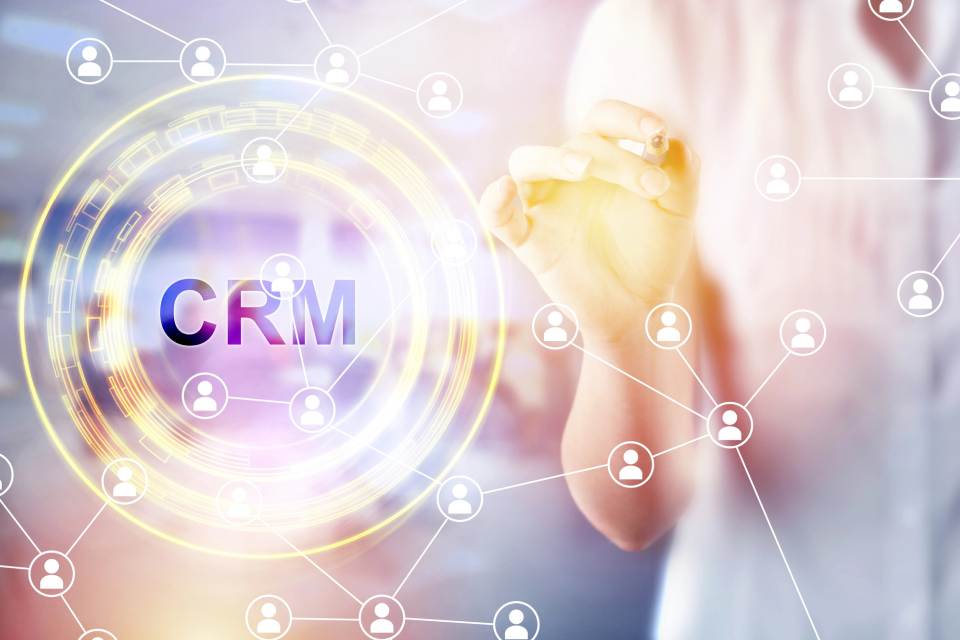Whether a business model is aimed at a private individual or a business partner, marketing remains marketing. Or not?
We encounter marketing strategies day in and day out: as a commercial on TV, an advertisement in an (online) magazine or a broad-based campaign. Marketing in general does not only mean the advertising that we are confronted with every day and that is aimed at us as private individuals and end consumers. Rather, the type of marketing a company does depends on its type of business.
The examples given are forms of B2C marketing. In e-commerce, “B2C” is an abbreviation for “Business-to-Consumer” and describes a business relationship between a company and its customers. Not to be confused with the similar-sounding term “B2B”, which in turn stands for “business-to-business” . This describes business relationships between two or more companies. Since companies are addressed differently as business partners than private individuals, the marketing strategy must be different accordingly.
Business-To-Consumer Marketing Is Winning Over The Masses
The target group plays a decisive role in both B2C and B2B. All marketing measures of a company are based on it. It has to analyze the market in order to then develop a successful strategy. The business-to-consumer market is large and varied, but also anonymous. As a rule, good sales and marketing strategies achieve success.
However, potential customers are always looking for the best possible product or service for them. B2C companies must therefore be able to assert themselves in the masses. The task is to find out how to position products or services on the market so that as many consumers as possible consider them. Waste coverage from marketing campaigns is not uncommon. In B2C they are significantly higher than in B2B. On the one hand because the market is so big, on the other hand because practically every customer has to be won individually. But what is the best way to do this?
Storytelling in B2C marketing is emotionally charged and arouses personal interest. The aim is to evoke a quick, emotionally driven purchase decision in consumers. You can be persuaded with good offers and good entertainment instead of rational arguments. Therefore, the purchase decision in B2C is ultimately much shorter than in B2B. In addition to the advertising options already mentioned, corresponding marketing measures can also be played out via social media sites , influencer relations or press offices.
In Business-To-Business, The Business Partner Is King
If purchasing decisions are made in B2C, the term “purchase processes” is much more appropriate in B2B. Business models with corporate customers as a target group differ from the business-to-consumer model in terms of dealing with customers on the one hand and in terms of products and sales on the other.
The value of the customer is higher in B2B than in B2C. The market is comparatively smaller and the business partner is an equal company instead of a private consumer. This company expects expertise and efficiency. As a rule, a larger group of people makes the purchase decision, which is accompanied by comprehensive support from the selling company.
This is necessary because B2B products are more durable and require more explanation. Accordingly, B2B sells directly instead of selling through intermediaries. In this way, companies save costs because they do not have to operate branches and invest all the more time in supporting their business partners in the decision-making process. The investments in the partner company are not only higher, but also more sustainable.
A B2B company therefore selects its marketing content with a focus on the information content. Arguments are logical, factual, and useful. Business partners are contacted directly, via trade fairs and events, but also via platforms and social media sites. In addition to a well-planned strategy, prior knowledge and know-how are also required to be successful in the B2B sector. The Internet in particular offers an easy introduction to business-to-business marketing. It allows finding suitable suppliers and partners and facilitating communication between companies.
Digital Change In B2C And B2B
B2C and B2B differ in some fundamental aspects. As they target two different types of customers, marketing strategies need to be aligned accordingly. In the meantime, however, business-to-business marketing is no longer as different from B2C marketing as it used to be. One of the reasons for this is digitalization. While B2C and B2B differ in terms of their different marketing department requirements, employees are increasingly confronted with complex technologies and must learn how to use them correctly. In the B2B area, electronic communication has progressed further and further in recent years and has enabled stronger networking among each other, which also includes various business processes. In the B2C sector, companies are increasingly increasing their commitment to online and performance marketing and are running mostly click and keyword-based campaigns via Google, Facebook, Amazon and Co.
Also Read: Customer Relationship Management With “Teamleader”





